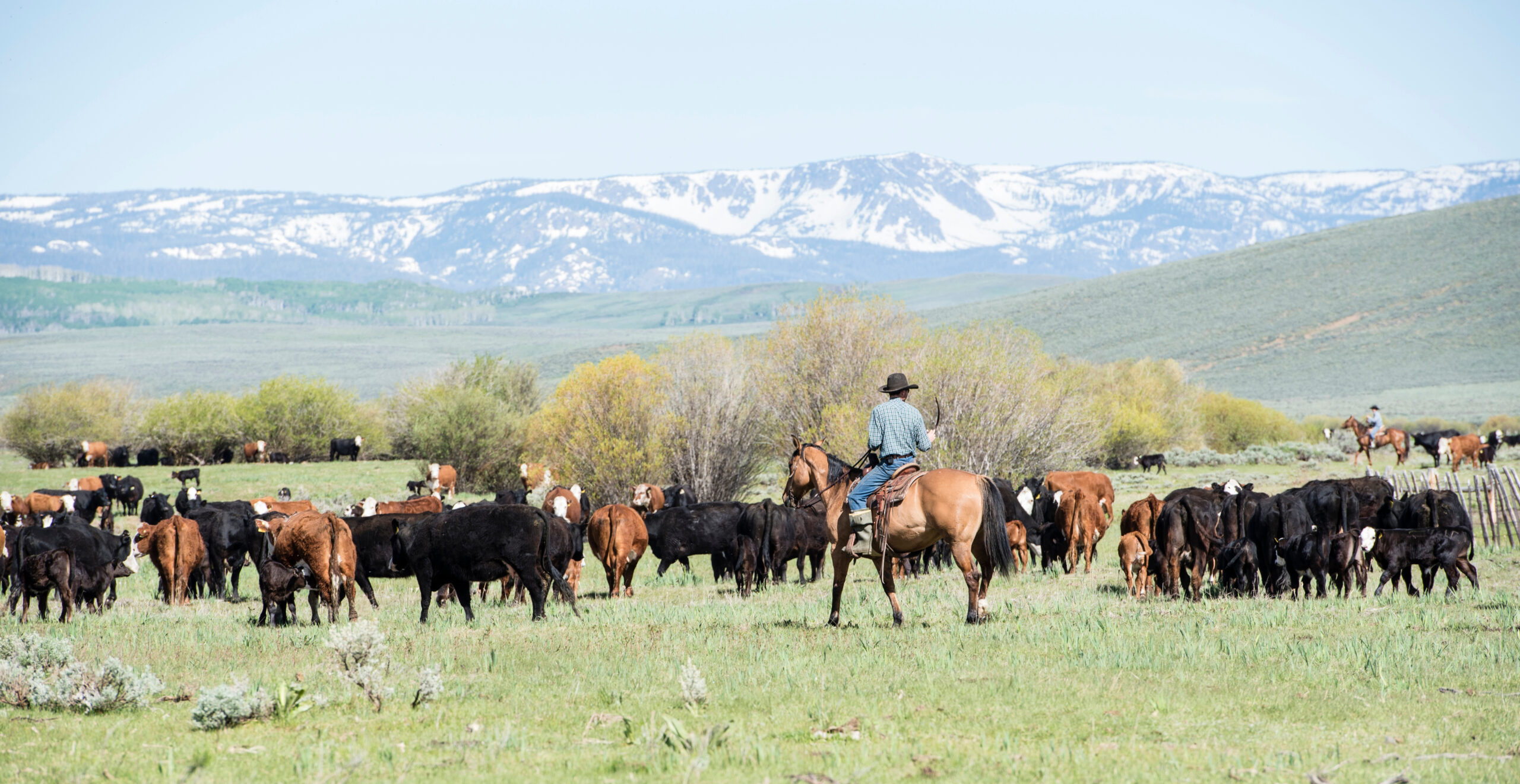Posts tagged Iowa

Government Unions are Down — But Not Out
September 10, 2024 // For nearly a decade, the Commonwealth Foundation has tracked state-by-state changes in labor laws. Every two years, the Commonwealth Foundation releases its research on the ever-changing legal landscape for public sector unions, assessing each state’s efforts to promote public employees’ rights or cave to unions’ entrenched influence. This fourth edition examines government unions’ attempts, following Janus, to hold onto and expand special legal privileges under state laws. The research also highlights the states reining in government unions’ power and influence by empowering workers.

Commentary: Workers of the World, Vote!
September 3, 2024 // Labor Day is the traditional start of the campaign season, which means labor unions will soon hold get-out-the-vote efforts among their members. Yet a new study from the Institute for the American Worker finds that 95.1% of private-sector union members never voted to join their union. Worse, unions are getting more unrepresentative. Based on one estimate, the percentage of private-sector union members who have voted in a unionization election at their workplace has declined by 2 points since 2009. The lack of workplace democracy isn’t an accident. As unions have acknowledged, they have sought to organize more workers through card check, a process by which they can pressure workers into supporting unionization. Card check—a public form of signature gathering—deprives employees of secret-ballot elections, which would allow them to express their preferences without fear of being ostracized.
Op-Ed: Florida vs. Michigan on Public Unions
August 30, 2024 // Each local union chapter must show that at least 60% of its eligible members are paying dues, or the state requires it to hold a new election. That sets teachers, clerks and custodians free from unions that haven’t won them over, and at least 20 units have been decertified in the past year. A few other states have also rolled back union coercion. Arkansas and Tennessee enacted paycheck protection for teachers. Kentucky legislators overrode a veto by Democratic Gov. Andy Beshear to secure the same. On the other side of the trend is Michigan, where Gov. Gretchen Whitmer signed a repeal of paycheck protection for teachers last summer. She also ended a requirement that schools pay teachers based on merit instead of seniority alone

Federal judge says H-2A workers don’t have right to unionize
August 28, 2024 // In her ruling, Judge Lisa Wood acknowledged the Department of Labor has the authority to make rules governing H-2A workers. However, she says the Labor Department does not have the authority to “create law or protect newly created rights of agricultural workers.” That authority, she says, belongs to Congress. Citing previous legal precedents, Woods determined that issuing a nationwide injunction would give a single district court an outsized role in the federal systems. Therefore, her ruling only affects those listed as plaintiffs in the case initiated by the Southern Legal Foundation.
10 States with the Largest Declines in Union Membership
August 26, 2024 // Daniel Li, CEO and Co-Founder of Plus Docs, commented on the findings: "It's interesting to see where states are seeing union memberships surge, especially as although there is a general increase in the South and Midwest, it is also true that neighboring states can see vastly different results. While Mississippi has nearly doubled its union membership, their neighbor, Alabama, has gone the opposite way."
Opinion: Union Victories First, Job Losses Later
August 6, 2024 // But the UAW conveniently ignores its contribution to the job losses. The union halted work for a month at Deere in 2021, and the company acquiesced to a blockbuster contract. Employees received a 20% raise over five years, plus an $8,500 bonus and annual adjustments for cost of living. The strike paid off for union workers in the short term, but the increase in labor costs made layoffs more likely if harder times struck. You won’t hear about this latest turn from President Biden, who sent his agriculture secretary to the picket line to cheer on strikers in 2021. Mr. Biden calls himself the most pro-union President in history, and he happily claims credit for union wins.

17 states allege Biden opens path to unionize foreign farmworkers
July 17, 2024 // The Department of Labor denies the allegation, saying the rule merely gives foreign farmworkers the right to protect wages and working conditions through "concerted activities" and "self-advocacy." The AGs accuse the department of hiding "behind linguistic smoke and mirrors." "If it looks like a duck and quacks like a duck, then it's probably a duck," the motion for a preliminary injunction reads.
Fury as one of America’s oldest companies slashes jobs in the Midwest as it shifts work to Mexico: ‘It’s greed’
June 30, 2024 // The layoffs come after 10,000 unionized John Deere workers went on strike for five weeks in October 2021. The strikes were among the most prominent during 'Striketober', where thousands of workers from Nabisco, Kellogg's, McDonald's and others walked out for weeks or even months to protest low pay in the wake soaring company profits.
17 state AGs sue Biden admin for allowing foreign farmworkers to unionize
June 14, 2024 // A group of 17 state attorneys general, led by Kansas Attorney General Kris Kobach, filed a lawsuit against the Biden administration this week over a rule that allows temporary farm workers in the country on H-2A visas the power to unionize. Federal law bans American farm workers from collective bargaining. “Once again, Joe Biden is putting America last,” Kobach said in a statement. “He’s giving political benefits to foreign workers while American workers struggle in Biden’s horrible economy. I stand with American workers.”
Guest column: Union democracy? Not so much
May 21, 2024 // The AFL-CIO Philadelphia Council announced GET-UP may be Philadelphia’s largest private sector union. Nonetheless, GET-UP did not secure — as some overzealous headlines suggest — an “overwhelming majority.” Yes, the 1,807-to-97 vote to unionize was undoubtedly one-sided. However, the National Labor Relations Board (NLRB) reported 4,003 eligible voters, meaning only 45 percent of the total workforce supported unionization. Other reports suggest a lower denominator of 3,700 voters. Even then, that’s only 48 percent — clearly less than “the majority of the employees in a unit” seemingly described in the National Labor Relations Act. Yet, due to federal court decisions that strayed from the statutory text long ago, UAW only needed a simple majority
